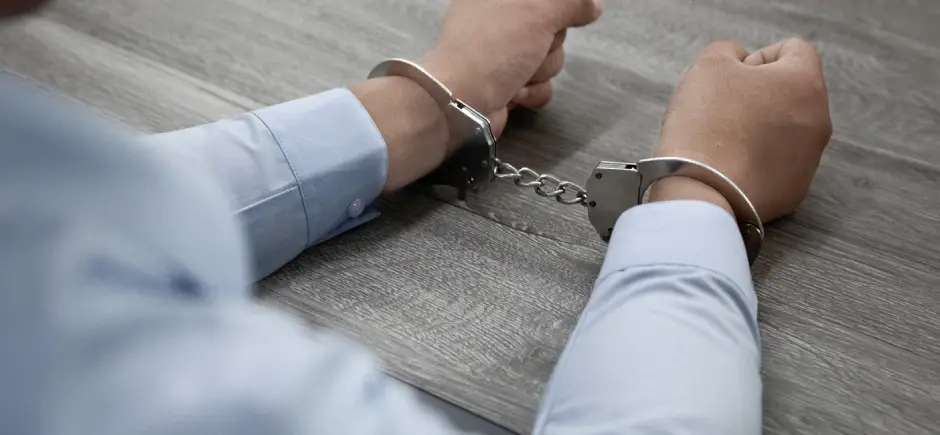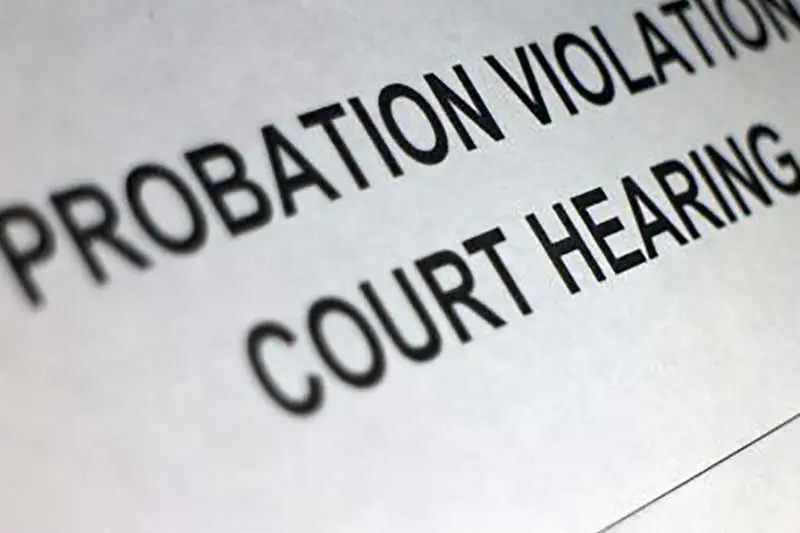Miami Probation Violation Lawyer
Miami Probation Violation Attorney

Being placed on probation or community control is a restriction of your liberty. For individuals charged with serious felonies, a violation of probation or community control can trigger a no-bond hold and mandatory prison time. Violations of probation and community control are forms of supervision by the Courts.
Individuals released on supervision, whether probation or community control, are subject to reporting requirements, travel restrictions, mandatory drug tests, random and involuntary searches of their home or cars, prohibition on firearms, and regular electronic monitoring.
What is Probation?
Probation is a form of supervision that is often a condition after the resolution of any criminal case. It requires an offender to report to an assigned officer regularly and complete the conditions as outlined in the judge’s sentencing order. Usually, the local sheriff’s office or the department of corrections administers probation on the state level. On the federal level, probation is administered by the Probation and Pretrial Services System. Generally, probation allows an offender to move freely within the community, work, go to school, and travel with the court’s permission. Probation is the least restrictive cousin of community control.
What is Community Control?
Community control is a restrictive form of supervision often imposed after serious criminal cases are adjudicated and resolved. Offenders on community control have more restrictions placed on their liberty. Offenders on community control are usually on 24-hour lockdown or have curfews in addition to being affixed with GPS monitors. Usually, community control is imposed as a condition of release from custody in cases involving violent crime, organized fraud, trafficking in narcotics, or the use of a firearm or weapon. Generally, community control restricts an offender’s ability to move within the community, travel freely, or socialize. However, community control allows the individual on supervision the ability to work, go to school, attend doctor’s appoints, lawyer visits, and religious services.
What is a probation/community control violation?
Probation and community control violations can either be a technical violation, a substantive violation, or a new law violation. The most serious form of a violation is a new law violation, which is also a substantive violation. A substantive violation is a violation of major conditions of probation or community control. Substantive violations include absconding, failure to report, violations of house arrest conditions, altering or removing the GPS monitor, testing positive for illegal narcotics, and new law violations. A technical violation is the least serious. Usually, technical violations are violations like failure to pay restitution, failure to pay court fees, failure to complete some or all of community service, or remaining gainfully employed.
What happens after a probation/community control violation?

A person accused of violating their probation will almost always be arrested and brought before the division judge where their case is assigned. Their lawyer will then enter a written or verbal plea denying the violation and requesting discovery. If possible, a request for bail or release should be made as soon as possible. A probation violation is an accusation.
The accused person has the right to a lawyer and due process. Any person arrested and accused of violating their probation is going to want to be released immediately. But that is not always possible, especially if the underlying probation case is a violent felony.
The first step in defending a probation violation is determining whether the alleged violation is a technical, substantive, or new law violation. The allegations of a supervision officer can be false, misleading, or incomplete. Individuals are often violated for misunderstandings or a knee jerk reaction by a probation officer. It’s not uncommon for probation officers to violate offenders they don’t like. Getting ahead of the violation, gathering the necessary evidence to support the client’s position, and having the proper relationships with prosecutors and judges will go a long way in resolving a probation or community control violation in the client’s best interest. There’s no magic wand to make a violation disappear, but by hiring a quality lawyer, things can go a little smoother.
Our Areas of Specialty
The fact is, there’s always something going on in a thriving metropolis like Miami. That means it’s easier than you might imagine to find yourself facing criminal charges. Given the dynamic nature of our city, it only makes sense for Brian Kirlew and his defense team to be flexible and responsive to the needs of his clients.
Our firm represents clients charged with any and all types of offenses in Miami and the greater South Florida area. The skills of an intelligent and experienced Miami criminal defense lawyer translate to all areas of criminal law. Therefore, we do not like to be bound by one or two particular areas as our “specialty.” We find defending against a broad spectrum of crimes to be more interesting and enjoyable to our practice.
Brian Kirlew, Esq. is experienced in defending all kinds of criminal felony and misdemeanor charges in the greater Miami area, including:
- Alien Smuggling
- Appeals/Post Conviction Motions
- Assault and Battery
- Burglary
- Child Pornography
- Domestic Violence
- Drug Crimes (Possession, Sale, Trafficking)
- Conspiracy
- Bond/Release
- Arson
- DUI/BUI Defense
- Embezzlement
- Extradition
- Federal Grand Jury Investigations
- Firearm Offenses
- Forfeitures
- Fraud
- Internet Crimes
- Juvenile Charges
- Kidnapping or False Imprisonment
- Mail/Wire/Fraud
- Medicare Fraud
- Medical Marijuana
- Murder and other Homicide offenses (Murder, DUI Manslaughter, Vehicular Manslaughter, Manslaughter)
- Nebbia requirements
- Probation Violations
- Federal/State RICO
- Robbery
- Sealing and Expungement
- Sexual Offenses
- Subpoenas (responding to or issuance of)
- Tax Evasion
- Theft
- Warrants
- Violations of Injunctions/Protective Orders
- White Collar
Don’t Wait Another Minute. Get Your Free Phone Consultation Now.
When you’re facing criminal charges in Miami, time is of the essence. It’s important that you have the proper legal representation to ensure that you get the best outcome possible from your trial. At the Kirlew Law Firm, you, your family, and your business are what matter most to us. We want to ensure that you enjoy every advantage that our thorough and collaborative approach to criminal defense has to offer.
Brian Kirlew is here to represent you. You can schedule your free phone consultation with our criminal defense lawyers today to begin building a sound defense strategy.

